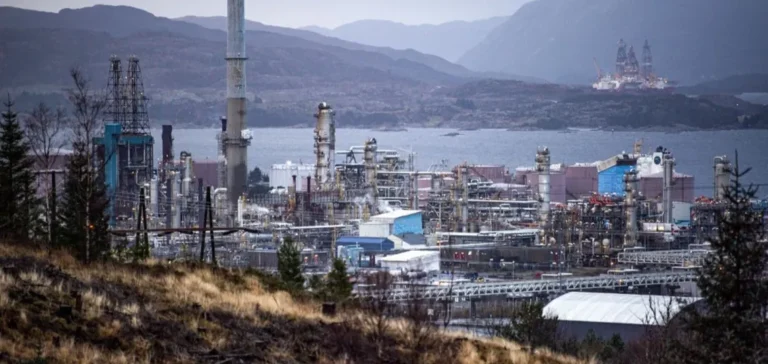Norway’s sovereign wealth fund, fuelled by the state’s petroleum revenues, recorded a net profit of 1,032 billion Norwegian kroner (NOK) in the third quarter, equivalent to approximately €88 billion. At the end of September, the total value of the fund reached NOK20,440 billion (€1,755 billion), according to official data released on Wednesday.
Equities dominate portfolio structure
The overall portfolio yield stood at 5.8% during the period, with a significant contribution from equities, which accounted for 71.2% of assets at the end of September. These investments posted a quarterly return of 7.7%, primarily driven by commodities, telecommunications, and financial services sectors. Trond Grande, Deputy Chief Executive Officer of the fund, stated that “the result is explained by strong returns in equity markets.”
The fund, officially known as Norges Bank Investment Management (NBIM), is exposed to approximately 8,500 companies worldwide. It holds an average of 1.5% of all publicly listed companies globally. Its mandate is to convert surplus budget revenues from Norway’s petroleum sector into diversified long-term investments.
Limited returns from non-equity assets
Bonds, representing 26.6% of the portfolio, delivered a 1.4% return over the period. Real estate investments, which account for 1.8% of assets, produced a 1.1% return. As for unlisted renewable energy projects, performance remained low at 0.3%, with no notable increase from previous periods.
The fund’s current allocation continues to prioritise global financial markets and liquidity, while alternative assets—particularly in the energy sector—remain at an exploratory stage. No significant strategic shifts were reported regarding future orientations.






















